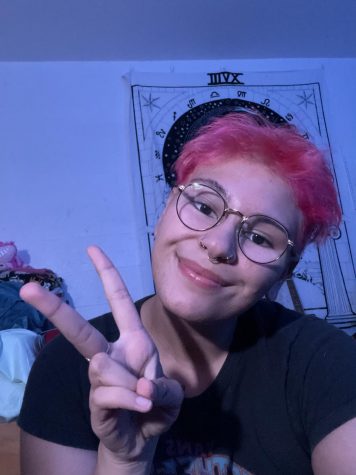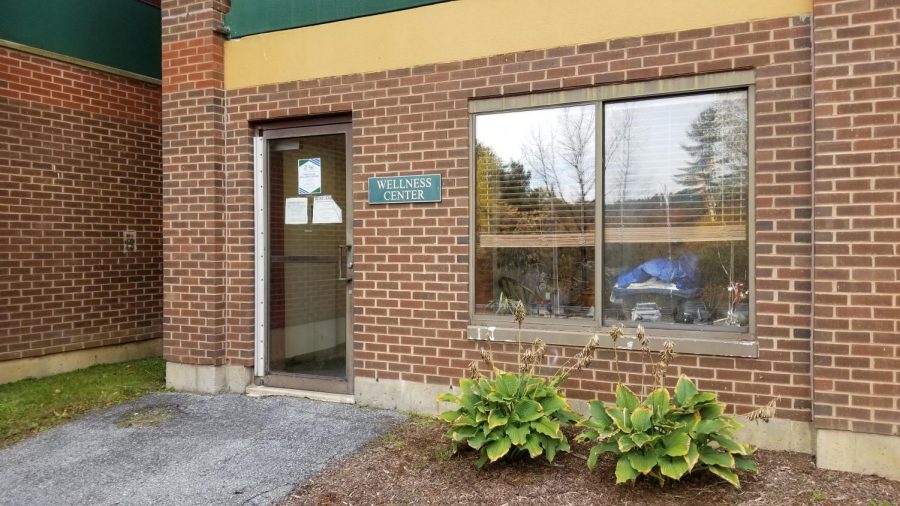Don’t get SAD: winter wellness
Living in Vermont, one must be aware of the long, dark winters suffered by everyone who lives here. There are some benefits to living in this wonderland during the colder months, such as snowy recreation and winter sports, but it’s also common to struggle with mental health due to the lack of sunlight and warmth which pervades half of the year.
Seasonal Affective Disorder (SAD), colloquially known as seasonal depression, is a common phenomenon in places where winter is long, cold, and dark — Vermont being no exception.
Seasonal depression is usually experienced in the winter, but is also less commonly experienced in the summertime, then being known as summer-onset seasonal affective disorder.
If you think you might have dealt with seasonal depression in the past, you’re not alone. According to the Mayo Clinic, there are over 3 million cases of seasonal affective disorder every year in the United States.
The symptoms of seasonal depression are extremely similar to those of clinical depression, including appetite changes, fatigue, irritability, weight changes, and general discontentedness.
The only real difference between seasonal affective disorder and clinical depression is that SAD goes away at the end of the season, whereas clinical depression persists year-round.
If you are a student at NVU-Johnson and find yourself struggling as the air starts to chill, there’s some support available in the Wellness Center.
The Wellness Center is a support resource for potential mental health issues while studying at NVU-Johnson, and they have some tips and events coming up this autumn and winter to help ease seasonal depression.
One treatment that has been known to reduce the impact of seasonal affective disorder is light therapy. The Wellness Center has a room with multiple sun lamps for the use of any student who feels some artificial sunlight might help as the days continue to get shorter and shorter.
“[Light therapy] can be really helpful, just so you get some of that simulated daylight,” said Wellness Center Director Kate McCarthy. She also suggests getting outside “even if it’s dark and doesn’t look super nice out. Getting outside is still really important.”
A few small but important things one can do to minimize the effects of seasonal depression include trying to stick to a regular schedule. This includes waking up and going to bed at a similar time every day.
“Think of those really important foundational things we need: sleep, water, food. And we need connection with other people,” McCarthy said.
If the light therapy doesn’t seem to be helping, it’s common to try taking a vitamin D supplement, but another suggestion is to talk to a counselor.
“Therapy can also be a good strategy for folks to use to cope with seasonal depression,” said Kyle Palmer, who is in his second semester interning at the Wellness Center.
The Wellness Center also offers many groups that can help with feeling low, including their Animal Friends group which provides students with animals to play and cuddle with.
Recently, the group featured a couple of kittens for people to visit when they might be feeling blue. This group is held on Tuesdays at 2 p.m. in the Wellness Center in the Senator’s South building.
Appointments can be scheduled with the Wellness Center by calling them at (802) 635-1265 or by visiting the office in-person.

Kai Jamil is a first-year student in the Professional Writing and Editing program here at NVU. They enjoy Hozier’s music and will bring you a rock if...




